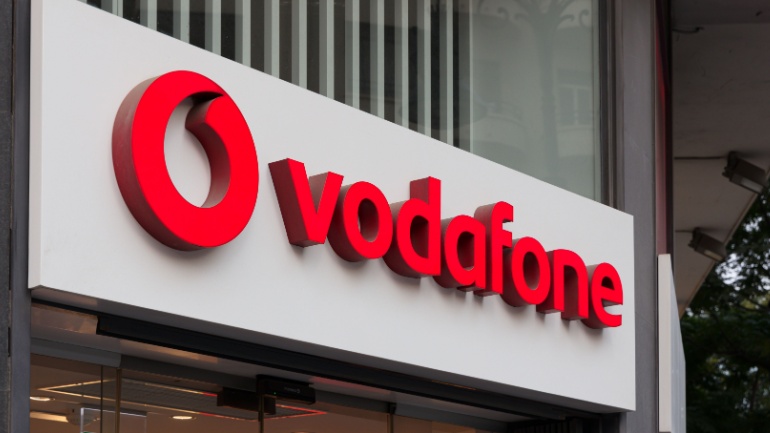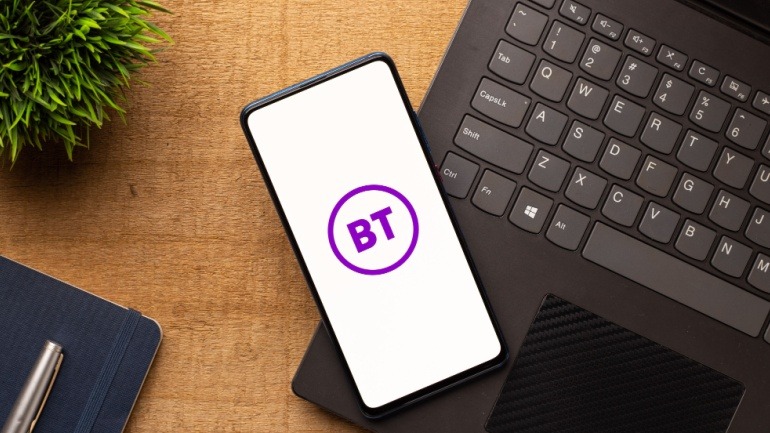The Indian government’s strategic move to convert Vodafone Idea’s debt into equity has dramatically increased its stake to 49%. This comes as a lifeline for the telco, offering significant relief in its enormous debt woes. Despite this, Vodafone Idea faces tough competition from leaders Jio and Airtel, particularly in the 5G arena.
Vodafone Idea has teamed up with Nokia to upgrade its optical transport network, enhancing 4G and preparing for 5G expansion in India. This partnership leverages Nokia’s advanced optical technology for scalability and efficiency. With 5G rollouts underway and strategic financial investments, Vodafone Idea aims to expand coverage and strengthen its market position against competitors.
In a shocking move, Qualcomm accuses Arm of anti-competitive practices, sparking industry-wide buzz. Arm’s shift from open licensing toward proprietary chip development raises eyebrows and regulatory scrutiny. Will this shake-up ignite innovation or hinder competitiveness? Follow the unfolding saga and explore its impact on the future of VoIP technology.
Vodafone Idea has kicked off its 5G network launch in Mumbai, leveraging Nokia’s energy-efficient technology. Utilizing an AI-powered Self-Organizing Network, Vodafone aims to enhance 5G performance.
Indian telecom giant Jio Platforms has partnered with SpaceX to bring Starlink’s satellite internet to India. This collaboration aims to enhance high-speed internet access across remote areas, supporting Jio’s mission to provide reliable broadband to businesses, enterprises, and communities.
Nokia has successfully delivered essential 5G equipment to Vodafone Idea, supporting its mid-March rollout in Mumbai, followed by Delhi, Bengaluru, and more. The partnership includes over 60,000 tech sites and advanced AirScale solutions for improved efficiency.
Jio Platforms, in partnership with AMD, Cisco, and Nokia, unveiled an Open Telecom AI Platform at MWC 2025. Designed to integrate AI into network operations, it features agentic AI, LLMs, and automation for efficiency and security.
BT urges UK SMEs to switch from analogue to digital networks by 2025 amid the phased retirement of PSTN, essential yet outdated. With 22% still reliant on traditional systems, disruptions rise.
The European Commission has approved €227 million to support ams Osram’s semiconductor plant in Austria. This facility will enhance Europe’s chip industry, reduce reliance on foreign suppliers, and produce advanced wafers for key sectors.
OpenAI is reducing its Microsoft dependency by partnering with SoftBank for compute needs by 2030, via the Stargate project. This switch will decrease reliance on Microsoft, with SoftBank’s $30 billion investment crucial for AI data centers.












